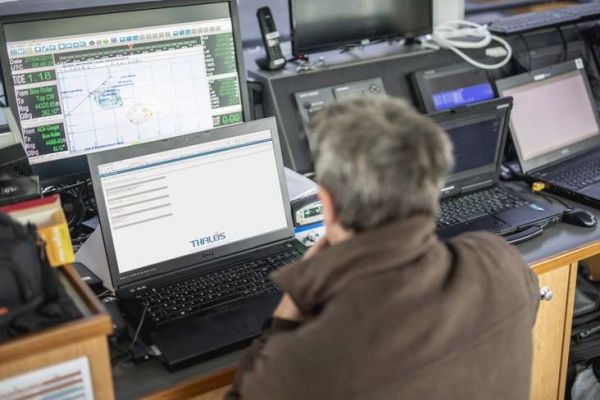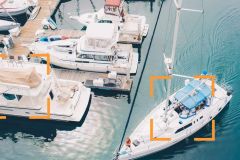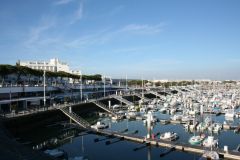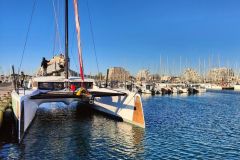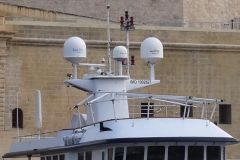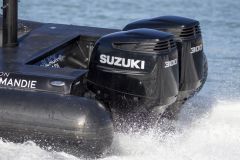The boom in Starlink-type satellite constellations is profoundly transforming offshore telecommunications. Delphine Robinet, Marketing Manager at Thalos, one of the few French players in the sector worldwide, with some 50 employees, including 38 in Brittany and 15 in Taiwan and Mauritius, explains: "As instrumentation specialists, we are the first to be affected. At our level, access to ultra-high-speed broadband marks the great return of a logic based on volume rather than speed of data transmission."
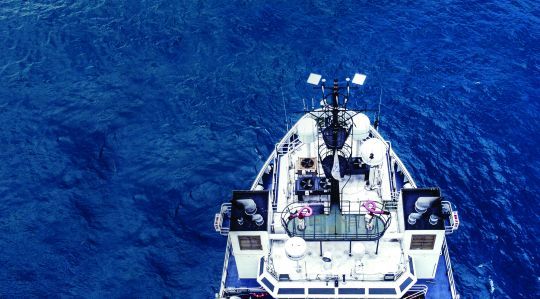
On-board visual recognition takes off
This is the paradox that Thalos is tackling," says Delphine Robinet: "Admittedly, the pipe is wider, but the bandwidth is more in demand, whether by seagoing personnel, delighted to feel less isolated at sea, or by the players themselves, who are increasingly bringing artificial intelligence on board ships."
Beyond that, the entire maritime sector is concerned, with the accelerating digitalization of the merchant navy, fishing, ocean racing and even yachting: "The solution's fields of application can make perfect sense for yachting. The notions of safety/insurance apply to all vessels."
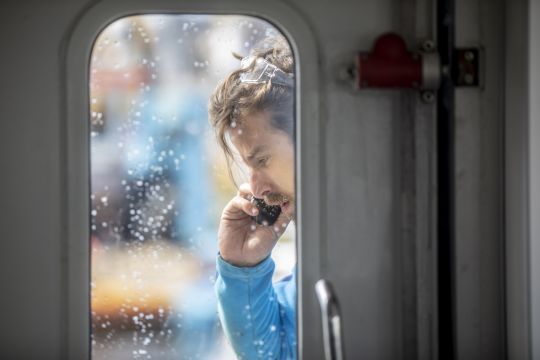
In line with environmental standards
New environmental regulations will also force all types of vessels to show their credentials: Thalos is upgrading its box systems (OceanBox) to optimize bandwidth, while developing onboard camera systems (OceanLive) to comply with new laws on discard control. He cites one of his fisherman customers who uses such systems to prove that his tuna is indeed on the free bank: "This adds value to his fishing and allows him to obtain labels to sell his catches at a higher price." The maritime freight sector is also closely following the opportunities offered by satellite constellations, with a strong appeal for on-board visual recognition.

